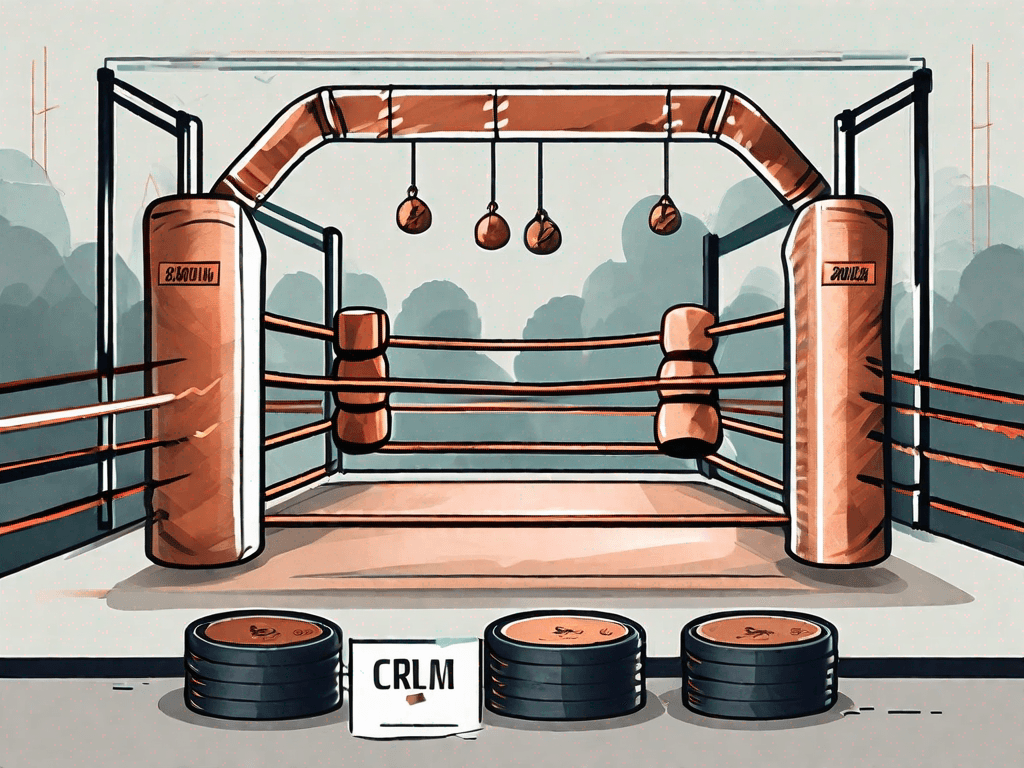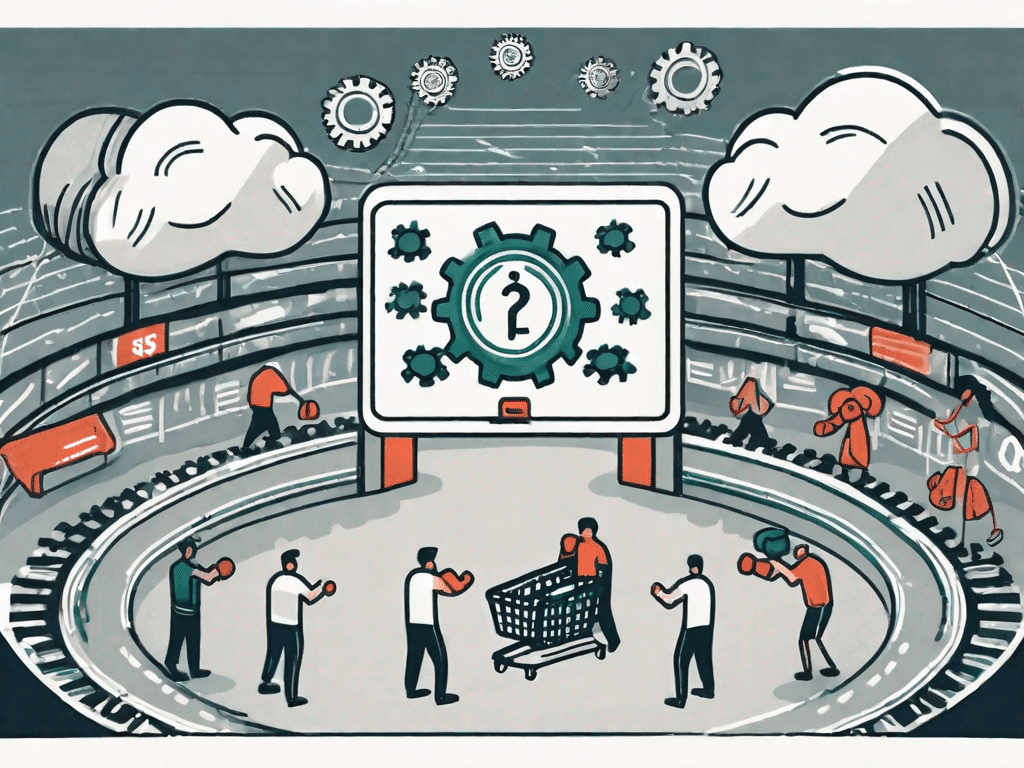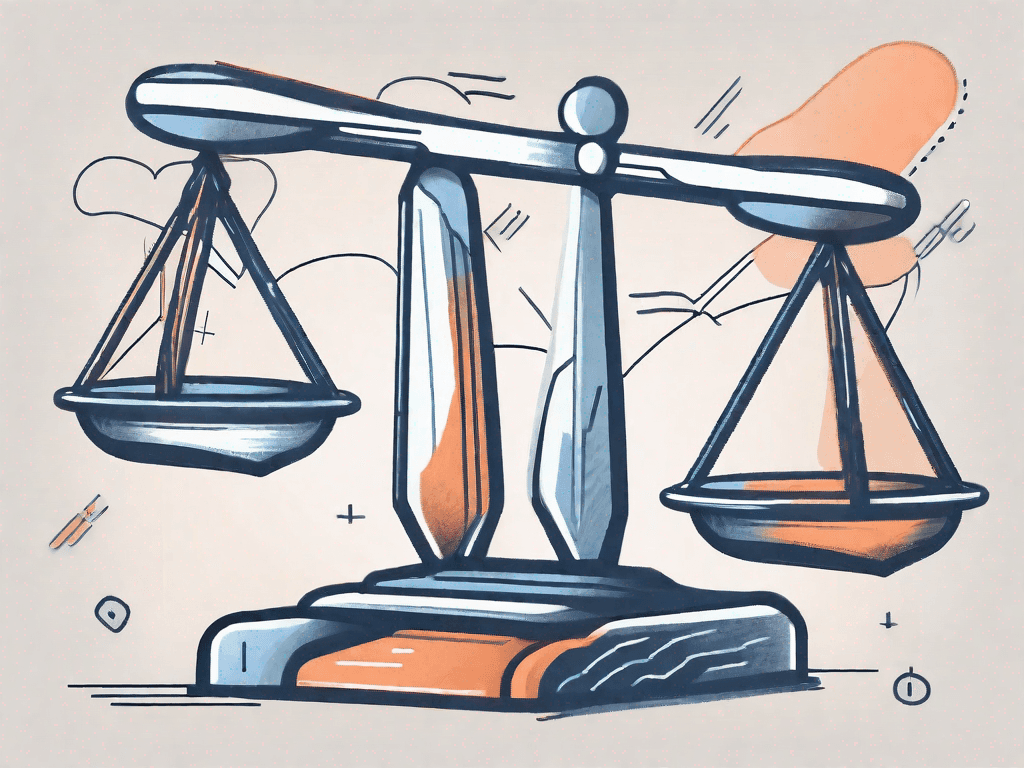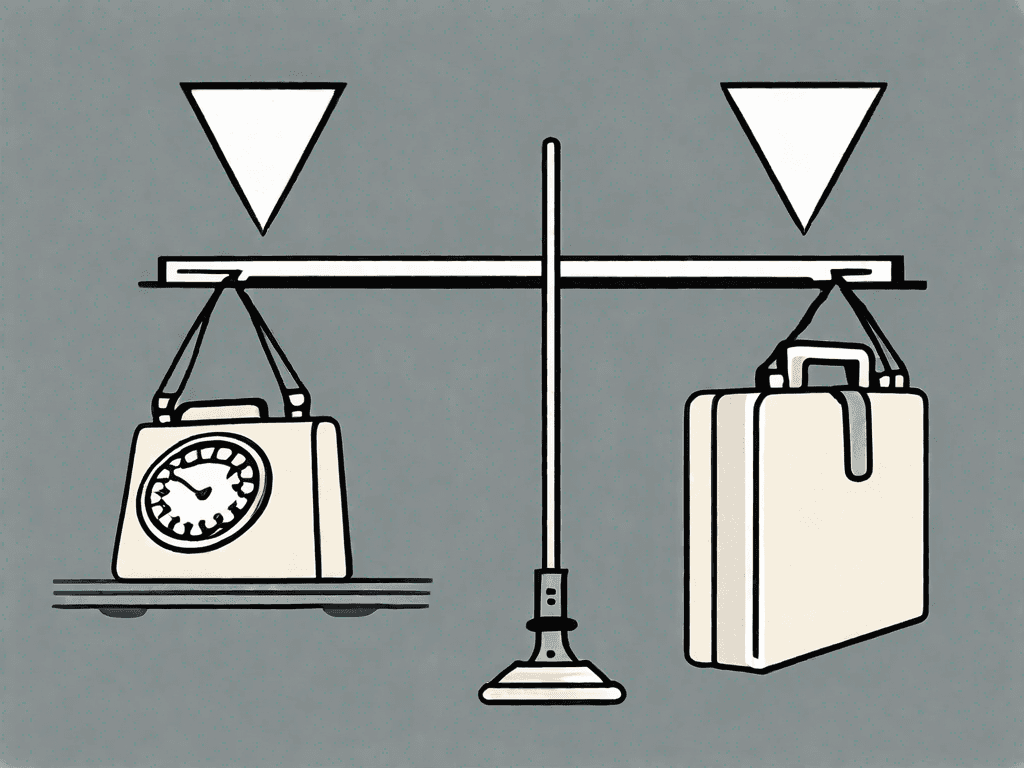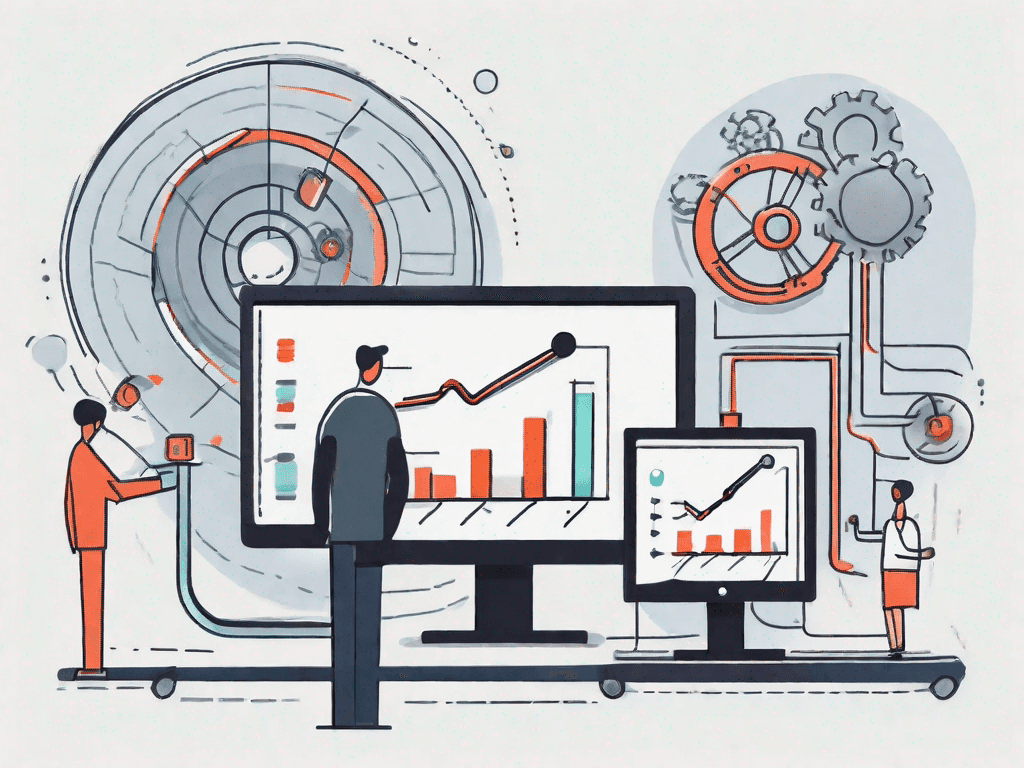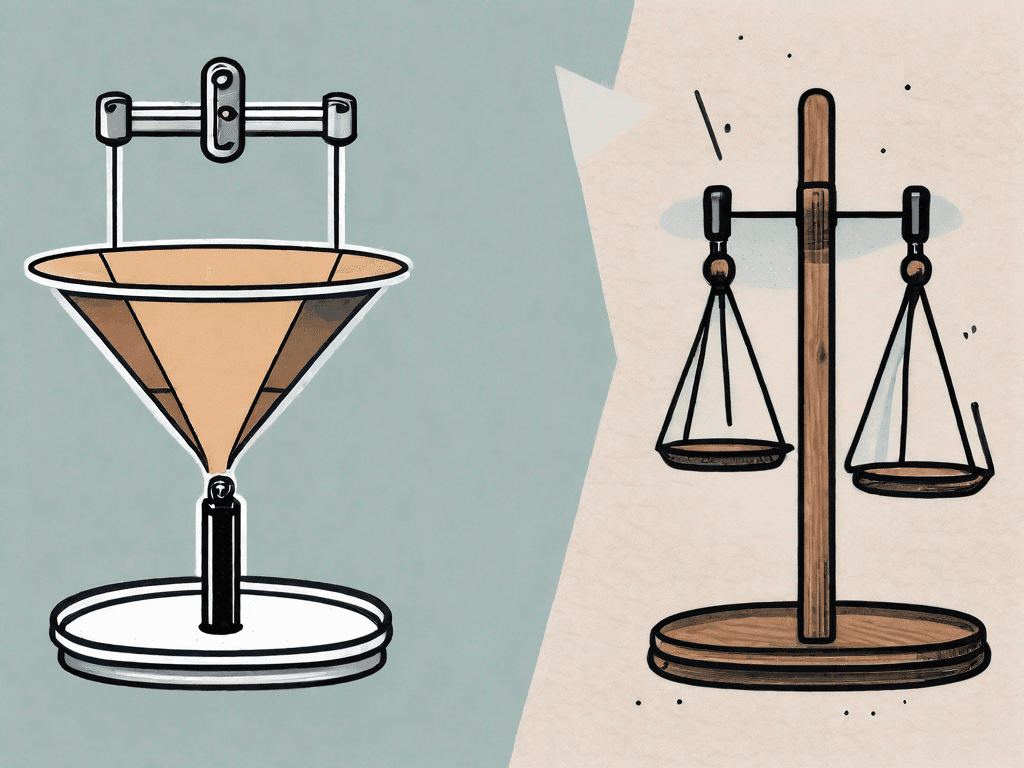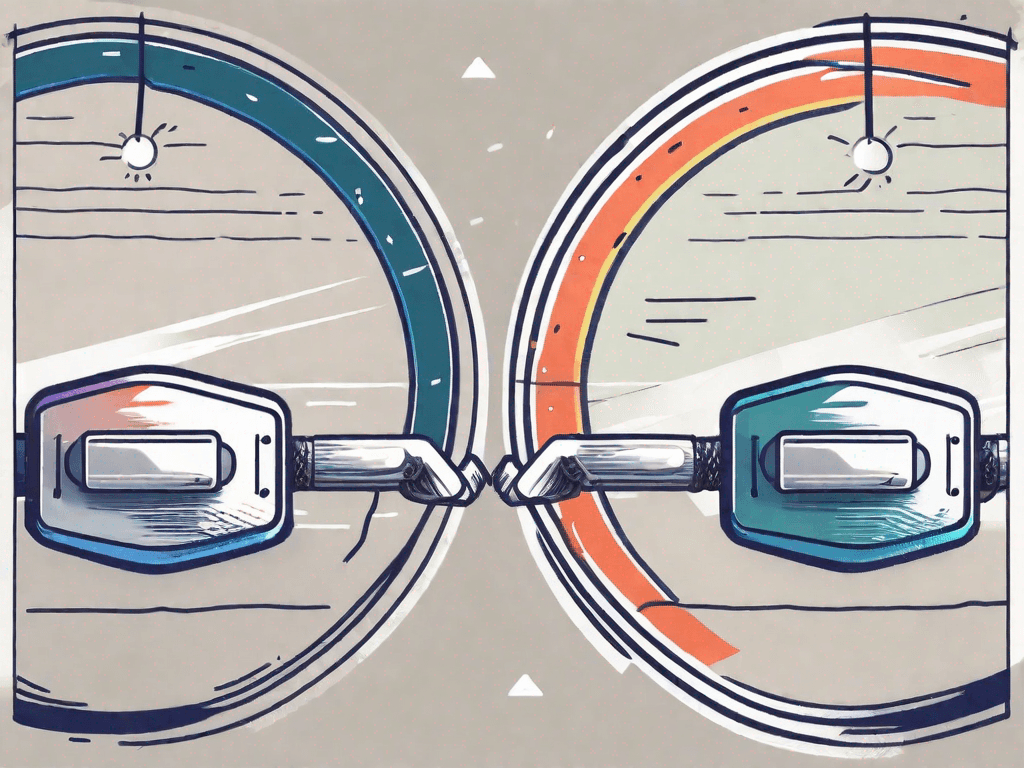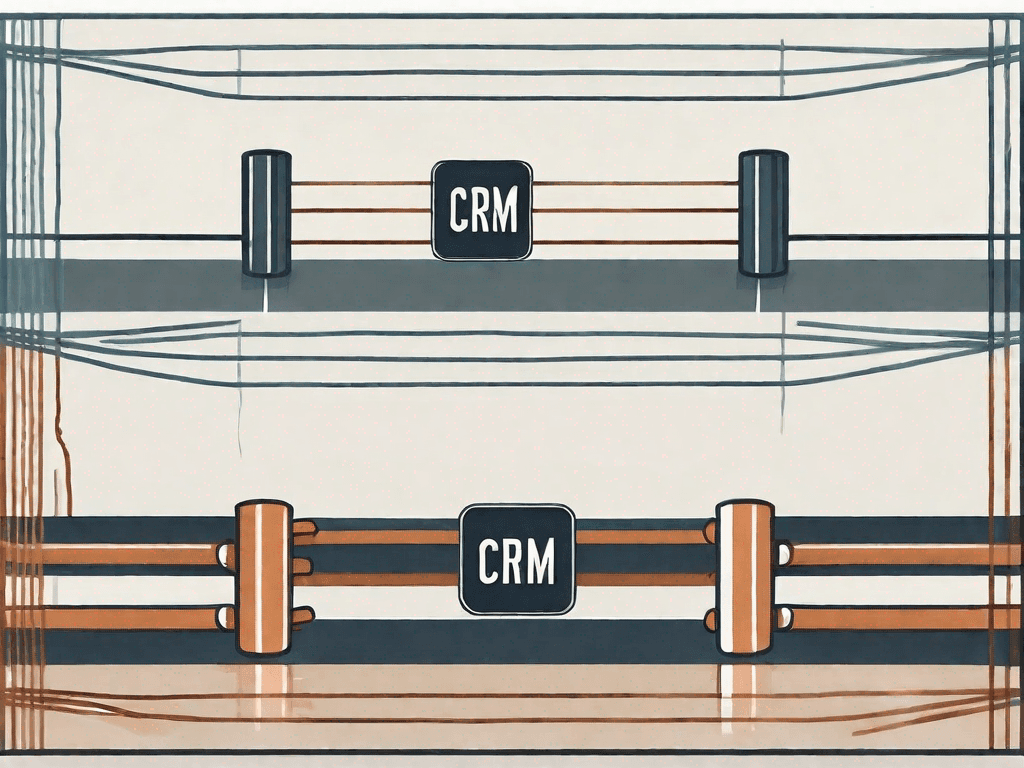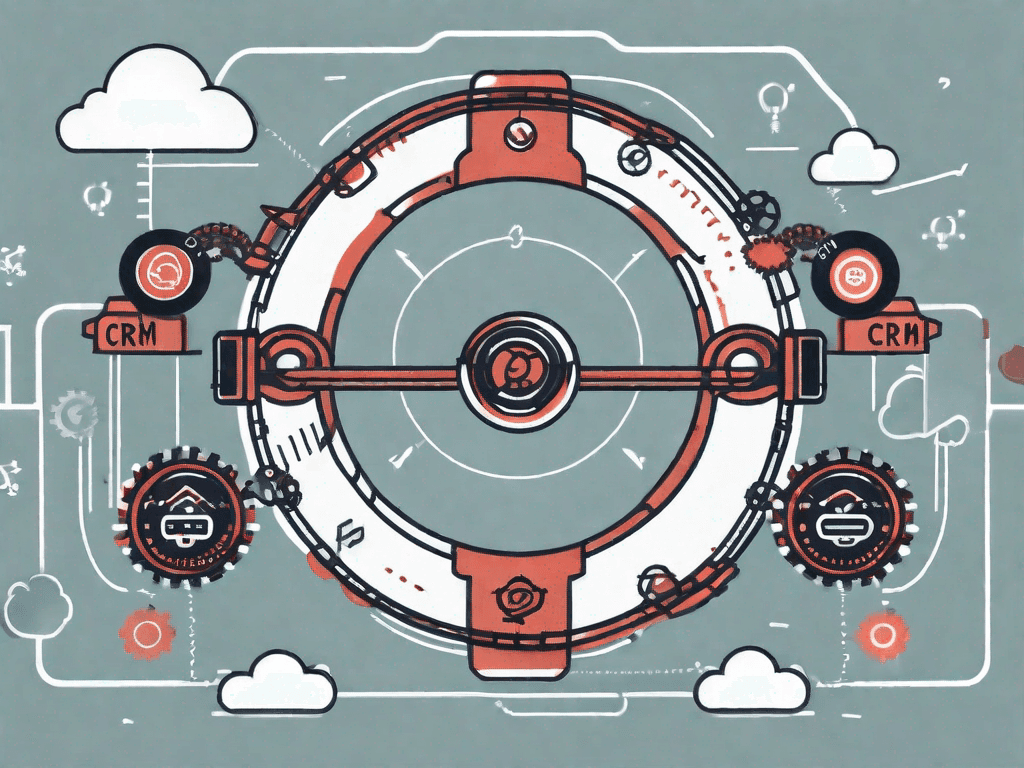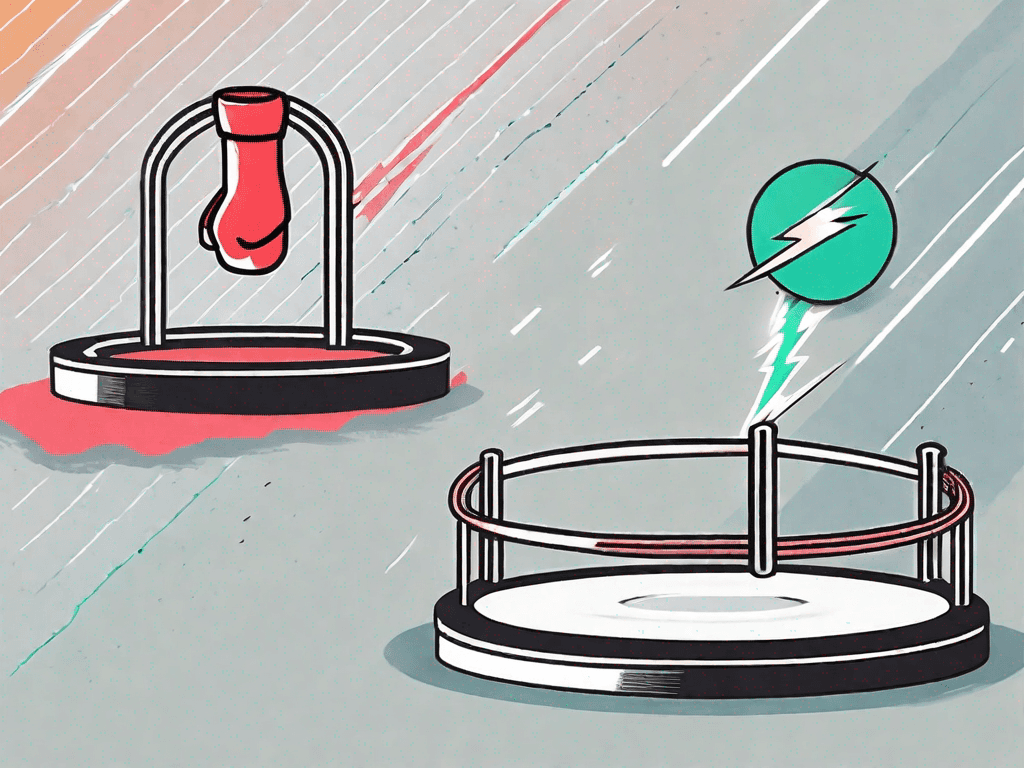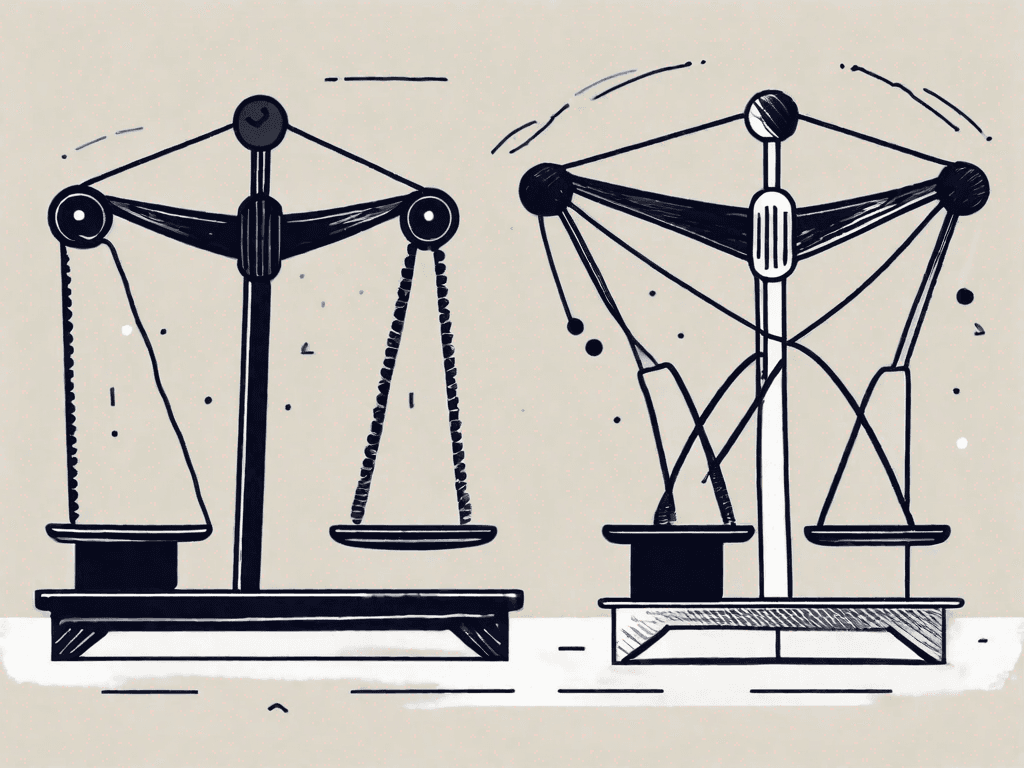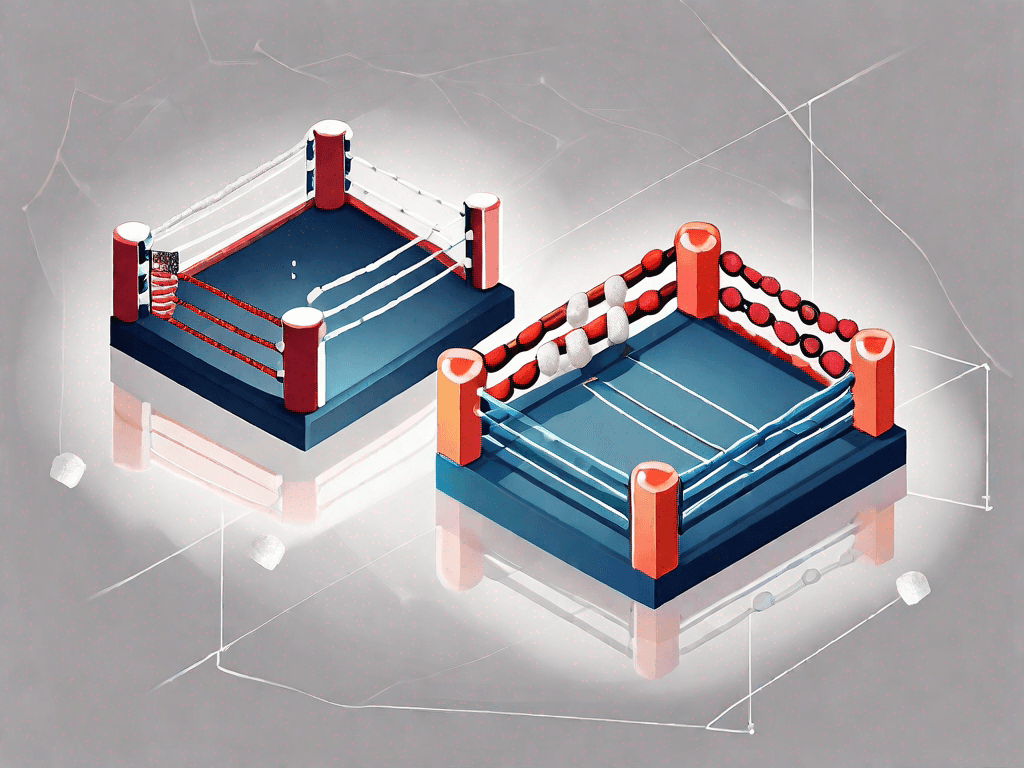
Hubspot vs Copper: Which CRM is the Best?
If you're in the market for a CRM (Customer Relationship Management) software, you may have come across two popular options—HubSpot and Copper. Both platforms offer a host of features designed to streamline your sales process and improve overall productivity. However, choosing the right CRM can be a daunting task, especially when there are multiple factors to consider. In this article, we will compare HubSpot and Copper to help you make an informed decision based on your specific needs and requirements.
Pros and Cons of HubSpot and Copper
Pros of HubSpot
HubSpot is a widely recognized name in the CRM space, and for good reason. It offers a wide range of features and benefits that can help businesses of all sizes. Here are some of the pros of using HubSpot:
Robust marketing automation capabilities to nurture leads effectively.
Intuitive and user-friendly interface, making it easy to navigate and use.
Powerful reporting and analytics tools to track sales performance and make data-driven decisions.
Seamless integration with various popular platforms, such as Salesforce and Shopify.
Extensive library of educational resources, including blog posts, webinars, and certifications programs, to help users maximize their CRM experience.
HubSpot's marketing automation capabilities are a standout feature that sets it apart from many competitors. With its robust tools, businesses can create personalized and targeted campaigns, automate repetitive tasks, and effectively nurture leads throughout the customer journey.
In addition to its user-friendly interface, HubSpot also offers a highly customizable dashboard, allowing users to tailor their CRM experience to their specific needs. This flexibility ensures that businesses can efficiently manage their sales, marketing, and customer service processes within the platform.
Furthermore, HubSpot's reporting and analytics tools provide valuable insights into sales performance, marketing campaigns, and customer behavior. By leveraging this data, businesses can make data-driven decisions and continually optimize their strategies for better results.
Cons of HubSpot
While HubSpot has many advantages, it's important to consider the potential drawbacks as well. Here are some of the cons associated with using HubSpot:
Higher pricing compared to some of its competitors.
Complex setup and configuration process that may require additional support.
Limited customization options for certain features.
Integration limitations with certain third-party applications.
Steep learning curve for users who are new to CRM software.
One of the main concerns for businesses considering HubSpot is its pricing. While the platform offers a free version, businesses looking to access more advanced features and capabilities will need to invest in one of HubSpot's paid plans. This can be a significant financial commitment, especially for small businesses with limited budgets.
Additionally, HubSpot's setup and configuration process can be complex, especially for businesses with unique requirements or complex workflows. In such cases, businesses may need to seek additional support from HubSpot's customer service or hire a consultant to ensure a smooth implementation.
Furthermore, while HubSpot offers a high level of customization for many features, there are certain limitations in terms of customization options for specific functionalities. This can be a drawback for businesses that require more flexibility and tailored solutions.
Pros of Copper
Copper, formerly known as ProsperWorks, is another popular CRM software that caters to small and medium-sized businesses. Here are some of the pros of using Copper:
Seamless integration with G Suite, allowing for easy syncing of contacts and emails.
Intuitive user interface that requires minimal training and ensures high user adoption rates.
Excellent customer support and responsive service.
Advanced lead and deal tracking features to streamline sales processes.
Customizable pipelines and workflows to align with specific business needs.
Copper's integration with G Suite is a significant advantage for businesses that heavily rely on Google's productivity tools. The seamless syncing of contacts and emails between Copper and G Suite eliminates the need for manual data entry and ensures that all customer interactions are captured within the CRM.
Moreover, Copper's intuitive user interface is designed to be user-friendly, requiring minimal training for users to get up and running. This ease of use contributes to high user adoption rates, allowing businesses to quickly leverage the CRM's capabilities without significant disruptions to their workflows.
Additionally, Copper is well-regarded for its exceptional customer support. The Copper team is known for its responsiveness and willingness to assist users with any questions or issues that may arise. This level of support ensures that businesses can rely on Copper to address their CRM needs effectively.
Cons of Copper
While Copper offers various benefits, it's essential to consider the potential downsides as well. Here are some of the cons associated with using Copper:
Limited marketing automation features compared to some of its competitors.
Less robust analytics and reporting capabilities.
May require additional integrations for specific business needs.
Higher pricing for advanced plans compared to similar CRM solutions.
Limited customization options for certain features.
One of the main limitations of Copper is its relatively limited marketing automation features compared to some of its competitors. While it offers basic automation capabilities, businesses looking for more advanced marketing automation functionalities may find Copper lacking in this aspect.
Furthermore, Copper's analytics and reporting capabilities are not as comprehensive as those offered by some other CRM solutions. Businesses that heavily rely on detailed analytics and reporting may need to consider additional tools or integrations to meet their specific needs.
In some cases, businesses may find that Copper's out-of-the-box features do not fully align with their unique requirements. This may necessitate additional integrations with third-party applications or custom development work to achieve the desired functionality.
It's also worth noting that while Copper offers a free trial and a basic plan, businesses looking to access more advanced features and capabilities will need to upgrade to one of Copper's paid plans. The pricing for these advanced plans can be higher compared to similar CRM solutions in the market.
Lastly, while Copper provides a certain level of customization for its features, there are limitations in terms of customization options for specific functionalities. This may be a drawback for businesses that require more flexibility and tailored solutions.
Key Differences between HubSpot and Copper
Now that we have explored the pros and cons of both HubSpot and Copper, it's time to delve into the key differences between these two CRM solutions. Understanding these differences will help you determine which CRM aligns better with your business objectives and goals.
HubSpot and Copper have some fundamental distinctions in terms of their target audience, pricing, and integrations.
HubSpot primarily caters to businesses of all sizes, offering a comprehensive suite of marketing, sales, and customer service tools. It is particularly well-suited for businesses that prioritize marketing automation and data-driven decision-making. However, its higher pricing and complex setup may be deterrents for smaller businesses with limited budgets and resources.
On the other hand, Copper focuses on serving small and medium-sized businesses, providing a user-friendly CRM solution that integrates seamlessly with G Suite. It is an excellent choice for businesses that heavily rely on Google's productivity tools and prioritize ease of use and customer support. However, Copper may not be the ideal choice for businesses that require advanced marketing automation features or extensive customization options.
When it comes to integrations, both HubSpot and Copper offer various integration options to enhance their functionality. HubSpot integrates with a wide range of popular platforms, such as Salesforce and Shopify, allowing businesses to streamline their workflows and leverage existing tools. Copper, on the other hand, focuses on seamless integration with G Suite, ensuring that businesses can efficiently manage their contacts and emails within their preferred productivity suite.
Ultimately, the choice between HubSpot and Copper depends on your specific business needs, budget, and priorities. Evaluating the pros and cons, as well as the key differences, will help you make an informed decision and select the CRM solution that best aligns with your objectives.
How does HubSpot pricing compare to Copper?
HubSpot Pricing
HubSpot offers various pricing plans to cater to businesses of different sizes. The pricing starts with a free plan, which provides basic CRM features. The paid plans are divided into three tiers: Starter, Professional, and Enterprise, with increasing features and functionality at each level. The cost of the plans varies based on the number of users and the level of customization required.
Copper Pricing
Copper's pricing is also designed to accommodate different budgets and business needs. They offer three pricing plans: Basic, Professional, and Business. Each plan provides varying levels of features and support, with pricing based on the number of users and required functionality. The cost of Copper's plans is generally lower compared to HubSpot's plans.
Pricing comparison
When comparing the pricing of HubSpot and Copper, it's important to consider the specific features and functionality you require. While HubSpot can be more expensive, it offers a comprehensive suite of marketing automation tools and advanced reporting capabilities. On the other hand, Copper provides a more affordable option with excellent integration with G Suite. Assess your needs and budget carefully to make the best decision for your business.
How do HubSpot integrations compare to Copper?
HubSpot integrations
HubSpot offers a vast marketplace of integrations that allow you to connect with various tools and platforms to enhance your CRM experience. From email marketing platforms to social media management tools, HubSpot offers seamless integration capabilities to streamline your workflows and automate tasks.
Copper Integrations
While Copper may not have as extensive a marketplace as HubSpot, it still offers essential integrations to amplify your CRM capabilities. Copper seamlessly integrates with G Suite, providing a unified experience for managing contacts, emails, and calendars within the platform.
Considering your specific integration needs and the platforms you are currently using will help you determine which CRM better suits your requirements.
Which one is the Best for You?
Choosing the best CRM for your business ultimately depends on your specific needs and objectives. Let's explore the ideal use cases for both HubSpot and Copper to help you identify which one aligns well with your industry and requirements.
The Best for Salespeople
If you are primarily focused on sales and require robust marketing automation features, comprehensive reporting capabilities, and the ability to manage your sales pipeline effectively, HubSpot might be the ideal choice for you. HubSpot's advanced tools can help streamline your sales process and provide valuable insights to drive revenue growth.
The Best for Consultants
If you are a consultant or part of a consulting firm, and your primary focus is on client relationship management and email correspondence, Copper might be the better option. With its seamless integration with G Suite, Copper makes it easy to track client interactions, manage contacts, and maintain a clear record of all communication.
The Best for Digital Marketing Agencies
If you are a digital marketing agency and require a CRM that integrates well with various marketing tools and platforms, HubSpot could be the preferred choice. The extensive integration options offered by HubSpot allow you to create a cohesive marketing ecosystem and track the effectiveness of your campaigns seamlessly.
In conclusion, when deciding between HubSpot and Copper, consider factors such as your budget, specific needs, and preferred integrations. Ultimately, both CRM solutions have their strengths and weaknesses, so it's crucial to align your choice with your unique business requirements.















































































































































































